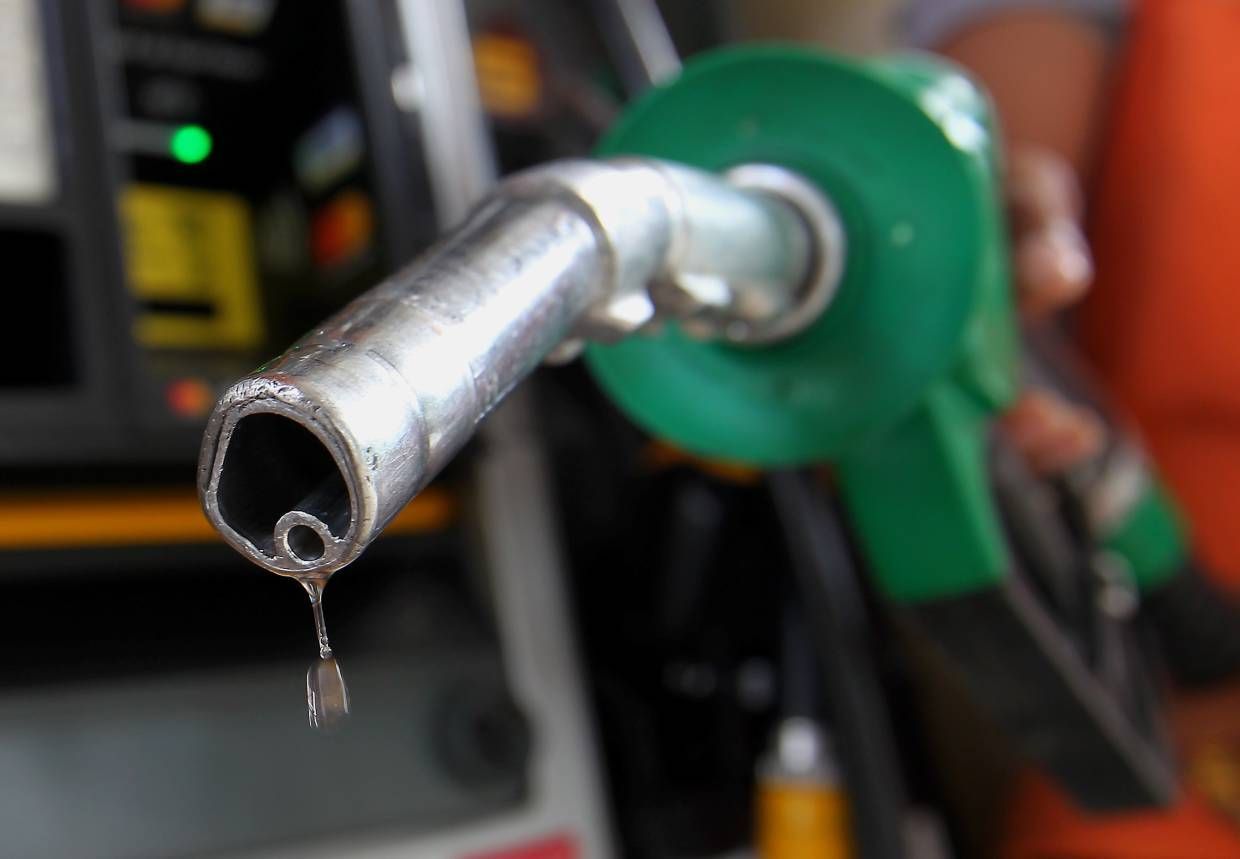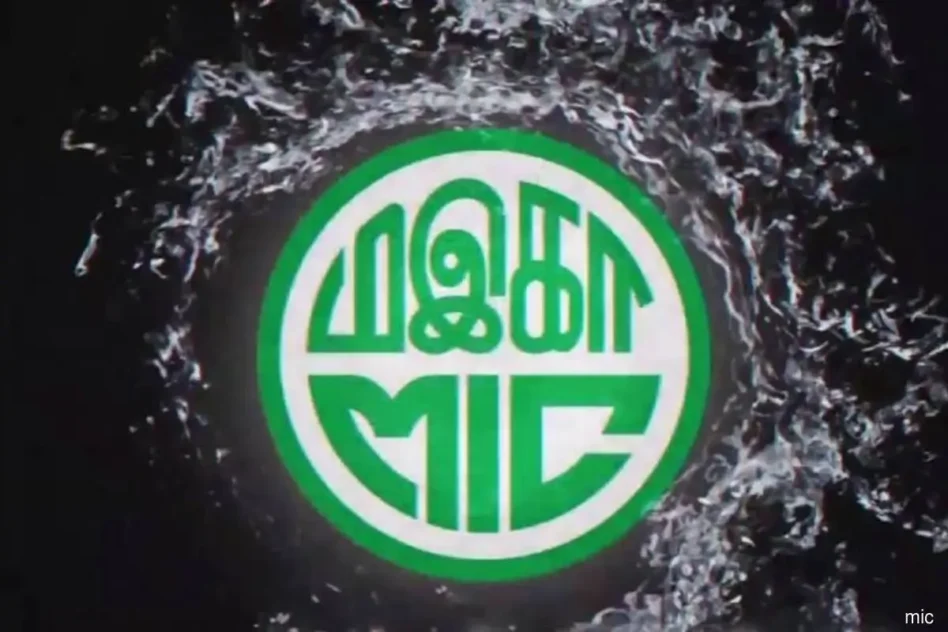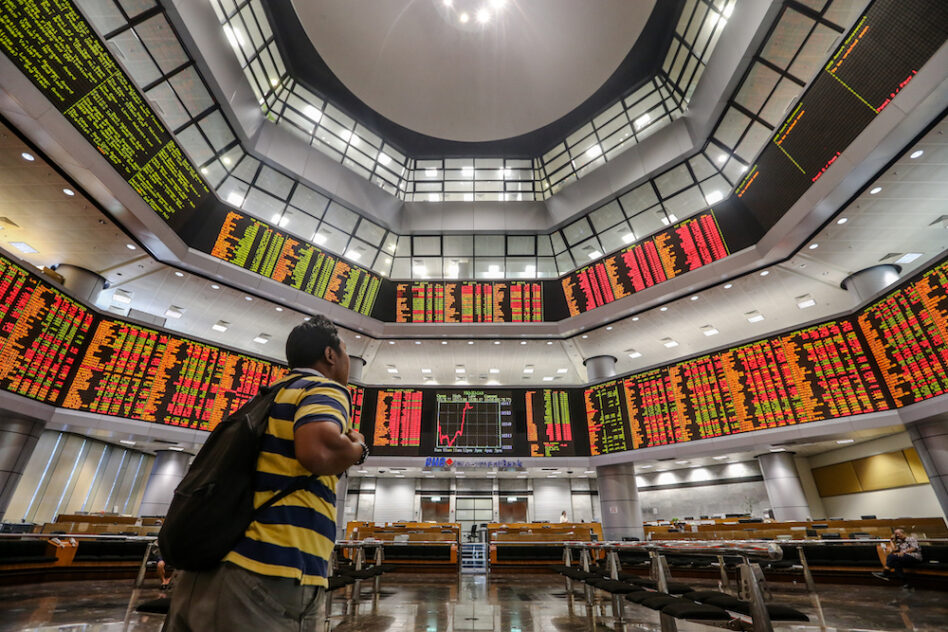ECONOMISTS from CGS International have advocated for the immediate rationalisation of the RON95 fuel subsidy, citing recent economic conditions as an optimal moment for reform. Their recommendation is based on the strengthening of the Malaysian ringgit and a decline in global commodity prices.
In a recent note, CGS International’s economists Nazmi Idrus and Mas Aida Che Mansor highlighted the significant narrowing of the margin between the subsidised retail price of RON95 and the market price.
“We think a window of opportunity has come for the government to implement the RON95 subsidy rationalisation.
“The recent strengthening of the ringgit vs. the US dollar, as well as the drop in global oil prices, has led to a significant narrowing of the margin between subsidised retail fuel and the market price,” it said in a note today.
“With the robust domestic economic growth and stable political conditions, we think that implementing RON95 subsidy reform now would be the least disruptive,” the note said.
Currently, RON95 is priced at RM2.46 per litre, only 41 sen above the regulated price of RM2.05 per litre— the smallest price gap since December 2021.
The note underscores that with strong domestic economic growth and stable political conditions, this period represents the least disruptive time to implement the subsidy reform. The firm suggested that a one-time adjustment could be feasible, contrasting with the government’s earlier plan of phased adjustments.
“This is the narrowest price difference since December 2021 amid the global postpandemic reopening. In the past, manual adjustments to fuel price ranged from around 10 sen to 60 sen, hence, we think it is possible to adjust only once,” it said.
CGS International’s report also referenced the recent adjustment of diesel fuel prices, which saw a nearly 60% increase to RM3.35 per litre on June 10, 2024. Despite initial concerns of rising inflation, data for June and July 2024 showed minimal impact on consumer prices, partly due to stringent price monitoring by the government.
The report estimates that Malaysia’s total fuel subsidy spending for 2024 will reach RM26.3 bil, with RM16.3 bil allocated for RON95. A move to a fully floating RON95 price could potentially save the government approximately RM4.1 bil, reducing the fiscal deficit by 0.2 percent of GDP, assuming no offsetting measures.
However, CGS International notes that an increase in RON95 prices by 40 sen on Oct 1, 2024, could raise the consumer price index (CPI) by 100 basis points, from 2.0% to 3.0% year-on-year. The firm projects inflation for 2024 to remain mild at 2.1%, with a more noticeable rise to 2.5% expected in 2025.
“This is the narrowest price difference since December 2021 amid the global postpandemic reopening. In the past, manual adjustments to fuel price ranged from around 10 sen to 60 sen, hence, we think it is possible to adjust only once,” it said.
The report also highlighted potential challenges such as the effectiveness of targeted cash handouts and the impact of fluctuating oil prices on Malaysia’s economic outlook.
While market expectations for Brent oil prices are generally bearish, the ongoing decline could affect global economic sentiment and complicate the implementation of inflationary policies.
Despite these challenges, CGS International asserted that the current economic environment presents a unique opportunity for fuel subsidy reforms. They argued that addressing the subsidy issue now would support Malaysia’s green initiatives and reduce economic distortions.
“That said, the elements that drive the falling oil prices also weaken global economic sentiment, which could affect Malaysia’s economic prospects and put any measures that are inflationary out of favour.”
“Nevertheless, we think there is no better time than now for the fuel reforms. Fuel subsidy presents a stumbling block for Malaysia’s green initiatives, and the sooner this is done, the better.” – Sept 13, 2024
Main photo credit: The Star









